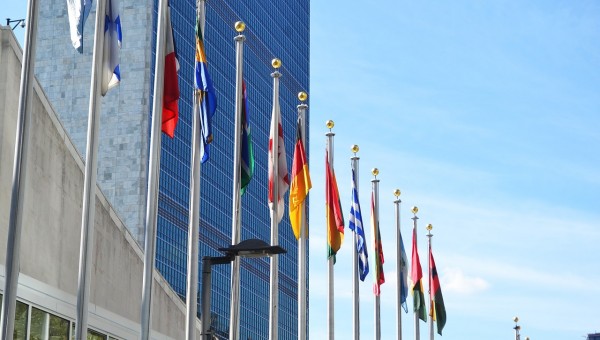
Fair taxation can help in fighting inequality, realizing human rights, and ensuring the implementation of the sustainable development goals (SDGs). However, a succession of reports of tax dodging by multinational corporations have cast the spotlight on the need for reform of the international tax system. It has also become evident that international tax avoidance makes use of tax havens and the offshore secrecy system, which also facilitates capital flight and money laundering for criminal and terrorist purposes.
Recognizing the need for reform, in 2013, the G20 gave its support to the OECD’s Base Erosion and Profit Shifting (BEPS) initiative. The OECD has delivered the final reports and published them on 5 October 2015. This provides a welcome opportunity for a much wider debate, which should evaluate what progress has been made and what remains to be done. While the BEPS project clearly has made progress that would have been thought of as impossible just five years ago, it has evoked additional questions on the overall fitness of the international tax framework.
It is clear that even under an ambitious agenda like BEPS, issues central to the interests and priorities of developing countries, such as the source/residence taxation split and more practical measures like withholding taxes remain to be discussed. Moreover, the lack of full global representation in the BEPS process has revealed the current insufficiency of global governance on tax matters as was made evident at the recent Third International Conference on Financing for Development in Addis Ababa, Ethiopia. During these negotiations, developing countries proposed an upgrade of the existing Committee of Experts on International Cooperation in Tax Matters into an intergovernmental body. While, in the end, the proposal did not make it into the outcome of the conference, the proposal and the arguments for it are not off the table.
The first meeting of this Committee after the Addis Ababa conference is a fitting occasion to discuss ways forward in inclusive global tax reform. Find an invitation to a side event on October 20, 2015, attached to this e-mail.
It is clear that a much wider global debate is needed to ensure a fair and effective reform of international taxation. One strong voice which aims to contribute to such a debate is that of the Independent Commission for the Reform of International Corporate Taxation, an initiative bringing together renowned experts from the fields of finance, tax and the economy, including José Antonio Ocampo (Chair), Eva Joly, Joseph E. Stiglitz and Magdalena Sepúlveda.
